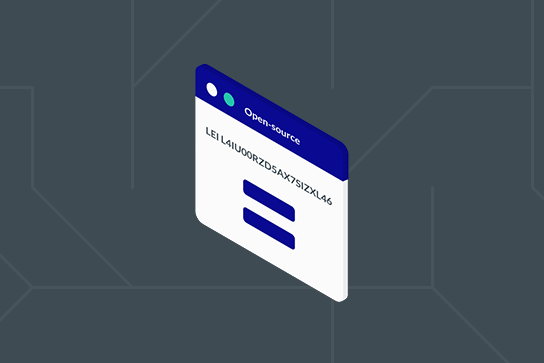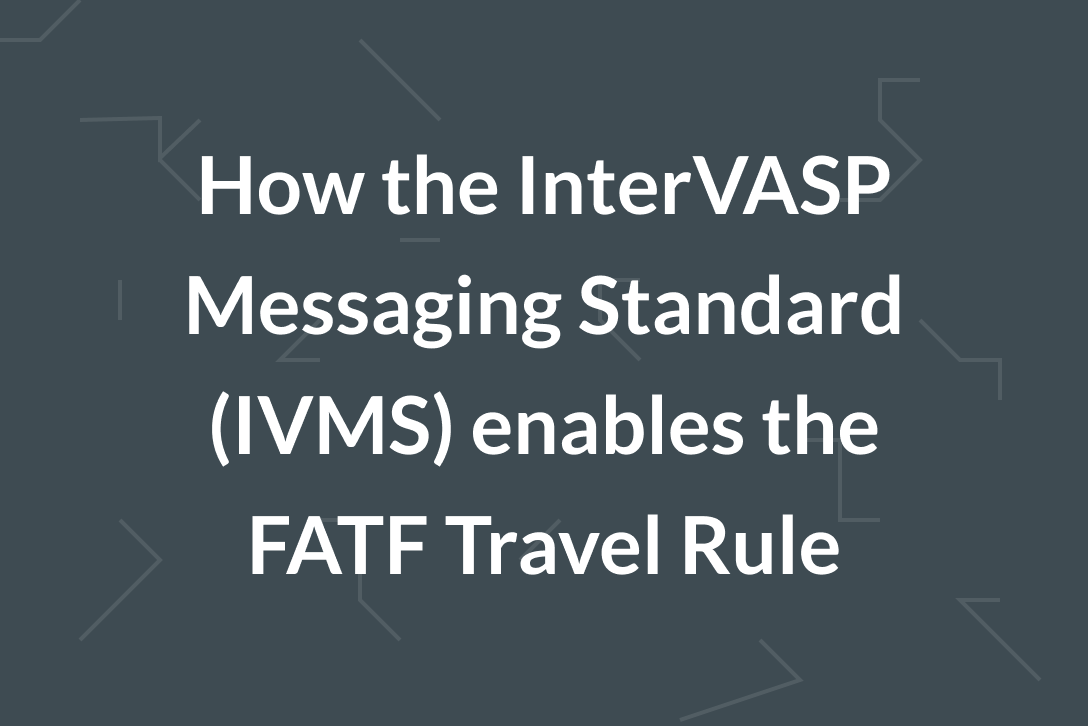
21 Analytics Open-sources Its interVASP IVMS 101 Implementation
This article will discuss:
The IVMS library of 21 Analytics is now open-source,
How it is free to use and integrate for every VASP and solution provider
Moreover, you can find the source code at gitlab.com/21analytics/ivms101
The requirement for the interVASP Messaging Standard (IVMS 101) emerged in 2019 due to the revised Financial Action Task Force's (FATF) Recommendations, specifically Recommendation 16 (the Travel Rule), which expanded its scope to include virtual assets. This development compelled virtual asset service providers (VASPs) to collaborate and establish a unified approach to fulfil this new obligation.
If all Travel Rule protocols use the IVMS standard, interoperability is significantly increased. While a protocol is used to convey Travel Rule data to a counterparty, this data needs to be compatible and understood by the counterparty’s software and automatically match.
21 Analytics wants to establish TRP (Travel Rule Protocol) as the recognised standard for the Travel Rule. To facilitate a more accessible implementation of TRP and encourage faster and broader adoption, we have open-sourced our IVMS implementation. By providing the source code of IVMS, it becomes even simpler to integrate TRP into various systems. You can find the source code for IVMS at this link: https://gitlab.com/21analytics/ivms101
What Is the InterVASP Messaging Standard (IVMS)?
InterVASP defines IVMS 101 as a “Universal common language of the required originator and beneficiary information between virtual asset service providers“.
When a VASP transacts, they need to use a Travel Rule solution. Not all solutions are built the same or function similarly, which means the way data is transmitted may differ between Travel Rule protocols.
IVMS takes this data and structures it in a way that is standardised. For example, VASP A uses a solution that records user names in the format <name:surname>, whereas VASP B’s solution records user names as <surname:name>.
When VASP B receives the name John Scott from VASP A, it will assume that Scott is the name and John is the surname. Which is inaccurate, and the transaction will not take place. To remedy this VASPs use IVMS. IVMS 101 takes this data and transmits it into a standard format which is intelligible to both VASPs. The receiving or sending VASP can now comprehend the data without deciphering it and can proceed as usual with their transactions.
Benefits of Open-Source Software
Open-source software offers visibility into its source code, allowing users to comprehend its functionality and verify its security. This transparency fosters trust and encourages a collaborative approach to software development. Additionally, users enjoy the freedom to modify and customise open-source software according to their specific needs. This flexibility empowers businesses and individuals to adapt the software to their unique requirements, enhancing efficiency and productivity.
By harnessing the power of open-source software, a large user community scrutinises the code for vulnerabilities and bugs, while developers can examine and learn from it. This heightened scrutiny leads to expedited detection and resolution of security issues, potentially rendering open-source software more secure and reliable.
The 21 Analytics team loves open-source software and open, decentralised standards.
Grab the source code today and contact us if you need help implementing TRP.



